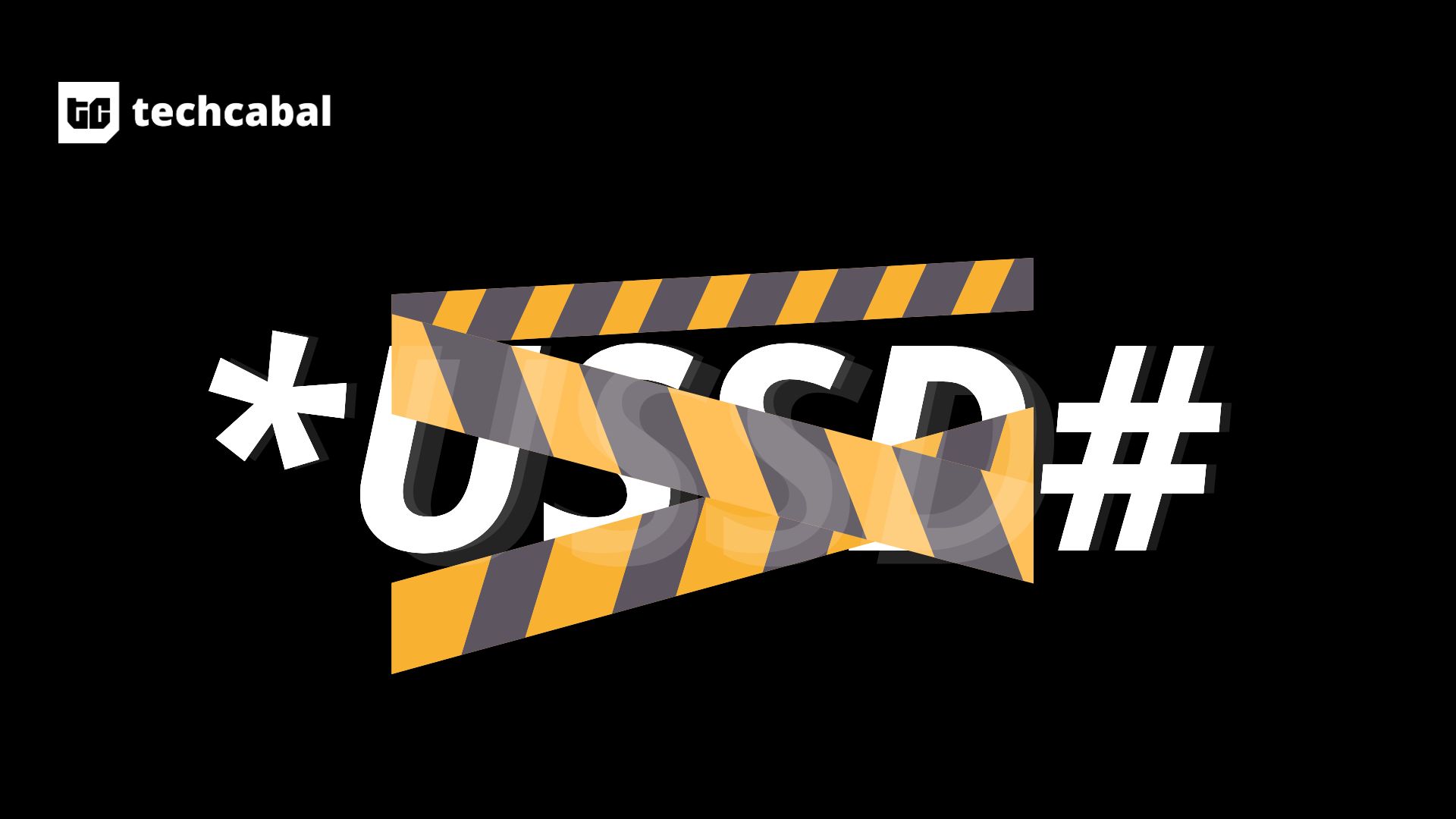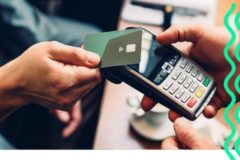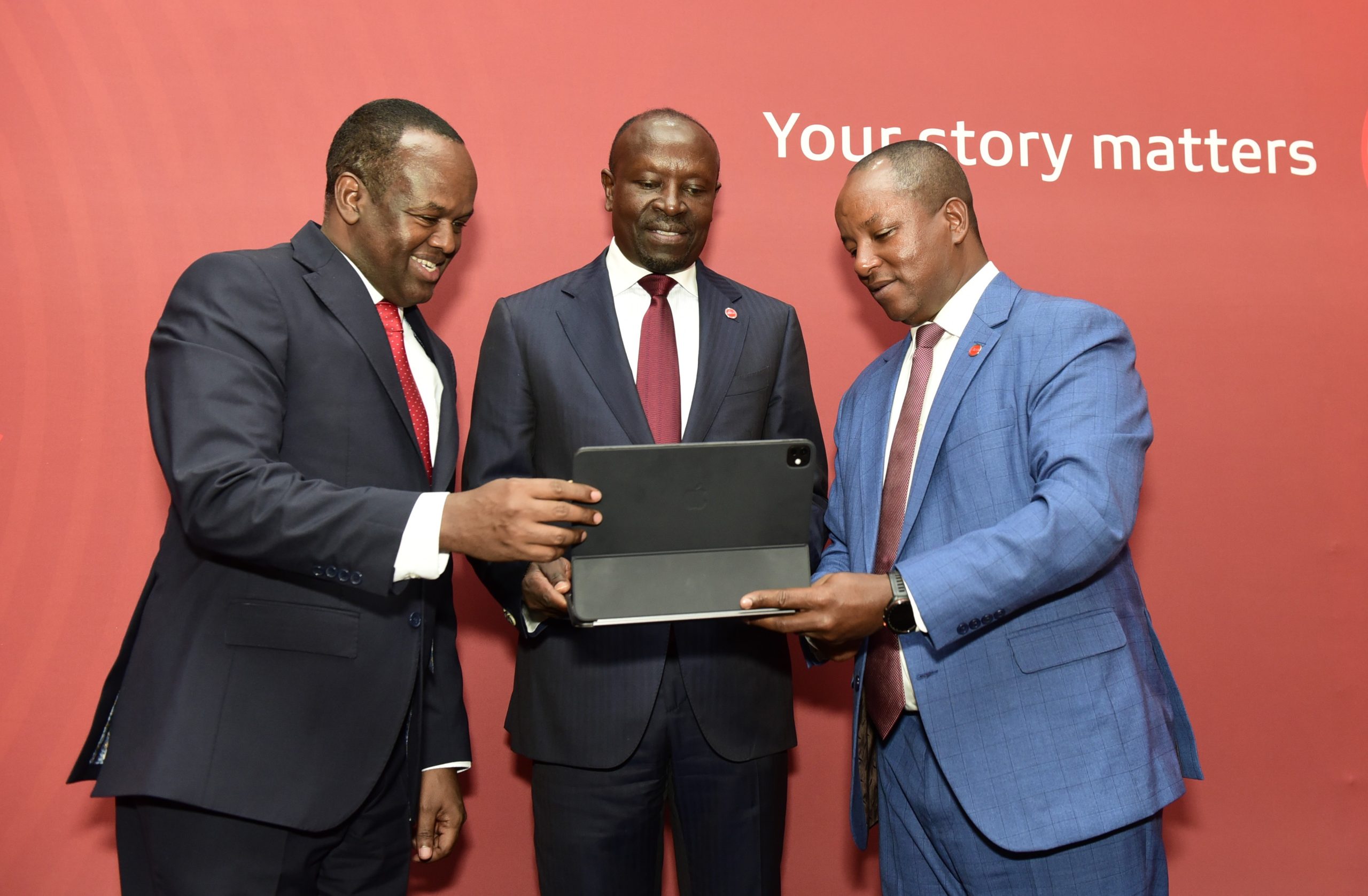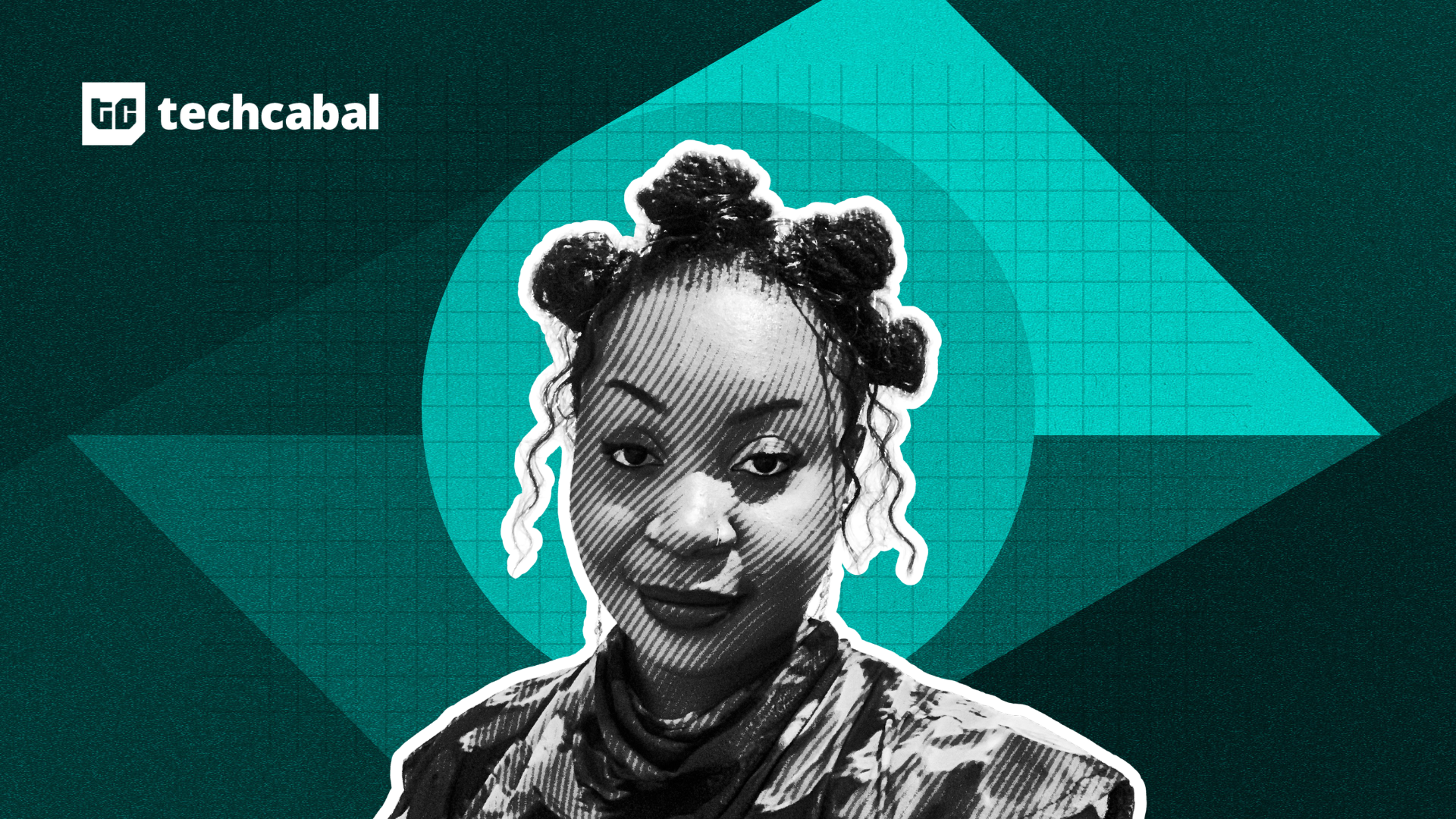In the ensuing battle between the telcos and the banks, Nigerians may truly suffer the bane of financial inclusion
Telecom operators have insisted on withdrawing their services should deposit money banks (DMBs) fail to pay over ₦120 billion ($260 million) in Unstructured Supplementary Service Data (USSD) debts. The Chairman of the Association of Licensed Telecommunications Operators of Nigeria (ALTON) Gbenga Adebayo, said their terms were simple—payment of debt or risk disconnection.
Adebayo who spoke to TechCabal on the phone revealed that the industry regulator—the Nigerian Communications Commission (NCC)—had given ALTON the nod to unplug the support on the USSD platform to banks.
On Thursday, May 18, CEO of Guaranty Trust Holding Company Plc Segun Agbaje described the USSD as a clumsy technology during a media parley organised to discuss the lender’s recently released full-year 2022 and Q1 2023 earnings report. He further stated that the ongoing fight between banks and telcos over USSD is nothing but a distraction by telecom firms from the real issue of high data cost, adding that Nigeria had one of the highest data costs in the world.
Responding to the comment, Adebayo said all they need from the banks is to simply pay the debt owed. “Even in the narration going to the press, they are changing the story every day. Last week, they agreed they owed money and would find a way to pay. Following that, they said end-user billing will be applied to it. I don’t know how that would work knowing that the service is rendered per session billing. They have consumed the service, they charged the subscribers. How does end-user billing pay for the service they already owe?”
“Today, they are saying USSD is expensive because of the high cost of data. they are changing the story every day, we are saying one thing: you owe us, pay us,” Adebayo explained.
A protracted battle
This is the third time an issue of this magnitude is reoccurring. In 2019, ALTON threatened to shut down the service over who would bear the cost of transaction fees. The same feat repeated itself in June 2021, two months after the Central Bank of Nigeria (CBN) transferred the cost to users at ₦6.98 ($0.015) fee per transaction. 2023 is the third time the issue has come up. In 2019, the debt was ₦32 billion ($69,200.513) but by 2023, the debt had now grown to ₦120 billion ($259,501,926).
A business analyst Chika Mbonu, believes that disconnection will affect everyone, especially the financial inclusion plan. “There are a lot of people at the bottom of the pyramid that use the USSD. Everyone who uses it and the whole system will suffer difficulties,” Mbonu explained. He stated that everyone—telcos and banks inclusive—involved in the matter may have to shift positions.
A public expert, Bala Zakka shares Mbonu’s thoughts and believes that the constant bickering between telcos and banks could negatively impact the sector. “I will call for restraint because if the telcos cut off the service, losses would be huge. It may end up causing social, and industrial calamities across the board. So many stakeholders would feel the brunt,” he said.
Between January and December 2020, the value of USSD transfers increased, going from roughly ₦30 billion ($64,875,481) to ₦551 billion ($1,191,546,347). In November last year, data released by the Nigeria Inter-Bank Settlement Systems (NIBSS) revealed that transactions worth ₦38.9 trillion ($84,121,874) were performed electronically through the NIBSS Instant Payment platform (NIP). These figures highlight USSD’s potential because several local banks expose their NIP through their various channels like internet banking, bank branch, Kiosks, mobile apps, USSD, and so on
Banks are still using USSD
At least 13 commercial banks still make use of the USSD service, TechCabal can confirm as of the date of publication. The 13 include Access (Diamond) Bank, EcoBank, Fidelity Bank, First Bank, Guaranty Trust Bank (GTB), Heritage Bank, Keystone Bank, Polaris Bank, Stanbic IBTC Bank, Sterling Bank, Union Bank, Wema Bank, and Zenith Bank.
Meanwhile, the CBN’s acting director of corporate communication, Dr Abdulmumin Isa, had previously disclosed that the apex bank was intervening in the crisis. “The CBN is very much aware of the protracted dispute between the banks and telcos and has been engaging all stakeholders to ensure an amicable resolution,” he stated.
Financial inclusion finally in the mud?
The importance of USSD as a service cannot be taken for granted. Nine out of 10 mobile transactions in sub-Saharan Africa flow through the service. This is important considering that non-connected feature phones still dominate the landscape in the region. This means, only about half the continent’s population makes use of mobile phones, and a much lesser number are connected to the internet.
Similarly, a survey from Agusto & Co Consumer Digital Banking Satisfaction Index for 2021 showed that USSD banking was the most popular banking platform among Nigerians. The report revealed that USSD banking makes up about 35% of the frequently used digital banking platforms.
Given all available data, Zakka’s opinion may prove to be the way forward for both parties to come to a peaceful resolution. The implications of cutting off the service could add more to an already complicated problem. Since, it has been clearly established that not many Nigerians have smartphones to do mobile banking, what are the odds that disconnecting your average tailor, cobbler, or trader would help the situation?



















